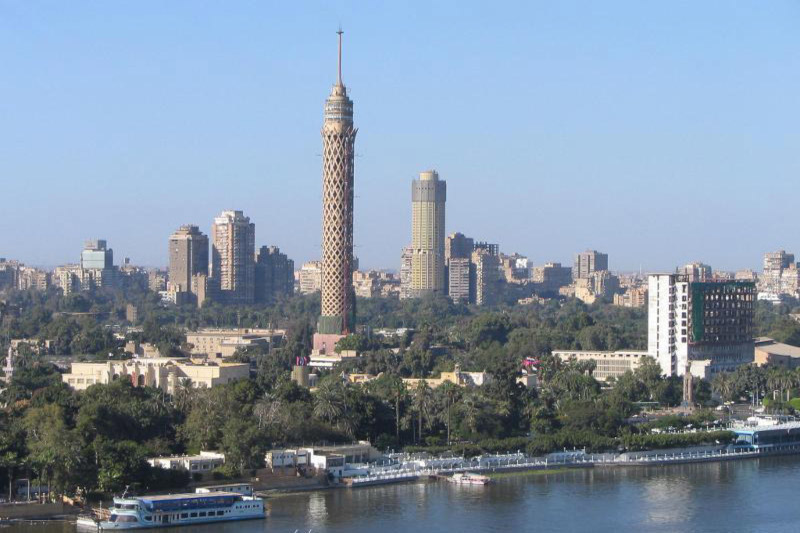Modern history of Egypt
4.6 / 5 220 ReviewsModern History
Modern history of Egypt starts with the rule of Mohammed Ali dynasty through the British conquest of the country to the War with Israel for Sinai Peninsula.
Mohammed Ali & his rule
The modern history of Egypt begins with the rule of Mohamed Ali pasha in 1805, the Egyptian have chosen him to rule the country, although the objection of the ottoman caliph. During his ruling Egypt became a modern country like European countries at that times, he made renaissance in all fields. And he established the rule to be in his dynasty. After his death flowed him his son Ishmael during his rule Egypt had strong intervention from France and Britain .
British conquest
In1882 Britain conquered the country. The country itself became a British protectorate in 1914. During the Second World War British forces met Axis forces in heavy fighting in Egypt. Egypt's nationalist movement gained strength after the war, forcing the abdication of King Farouk in 1952. With the proclamation of a republic in 1953, one of those who had led the anti-Farouk revolution Lt. Col. Gamal Adel Nasser, was named premier in 1954 and president two years later. Egypt's nationalization of the Suez Canal in 1956 (and all that implied to the European powers) led Britain, France, and Israel to join forces against Egypt in the 1956 Sinai Campaign. Their plan was muted by the United Nations, which installed a "peacekeeping" forces along the border between Israel and Egypt. Egypt, for its part, began a long-term association with the Soviet Union.
War with Israel
Another war, precipitated by Egypt's decision to close vital Red Sea shipping routes to Israel, erupted in 1967. At the end of the Six-Days War, Israel was in control of the entire Sinai Peninsula, the Gaza Strip, the West Bank of the Jordan and the Golan Heights. The Suez Canal was closed because of war debris (it reopened only in 1975). Nasser's death in 1970 was followed by the succession of Anwar el-Sadat as president. On the Jewish holy day of Yom Kippur in 1973, Egypt and Syria attacked Israel and in the fierce fighting they had the victory.
The Yom Kippur War
The Yom Kippur War marked a turning point in Egyptian-Israel relationsand in 1977, Sadat visited Jerusalem as a prelude to the signing of a peace treaty with Israel that has held since 1979. Sadat was assassinated in 1981 by members of a military conspiracy and was succeeded by his vice-president, Hosni Mubarak. While maintaining friendly relations with the West, particularly the US, Egypt has managed to improve its ties with the Arab world which were strained when Egypt made peace with Israel. Egypt participated in the coalition against Iraq in the 1991 Gulf War. In the 1980s, 1990s and the present Egypt had to handle the problems caused by the increasingly violent Muslim fundamentalist. Mubarak could solve this problem in 1998s and he does his best to solve the Palestinian case.
